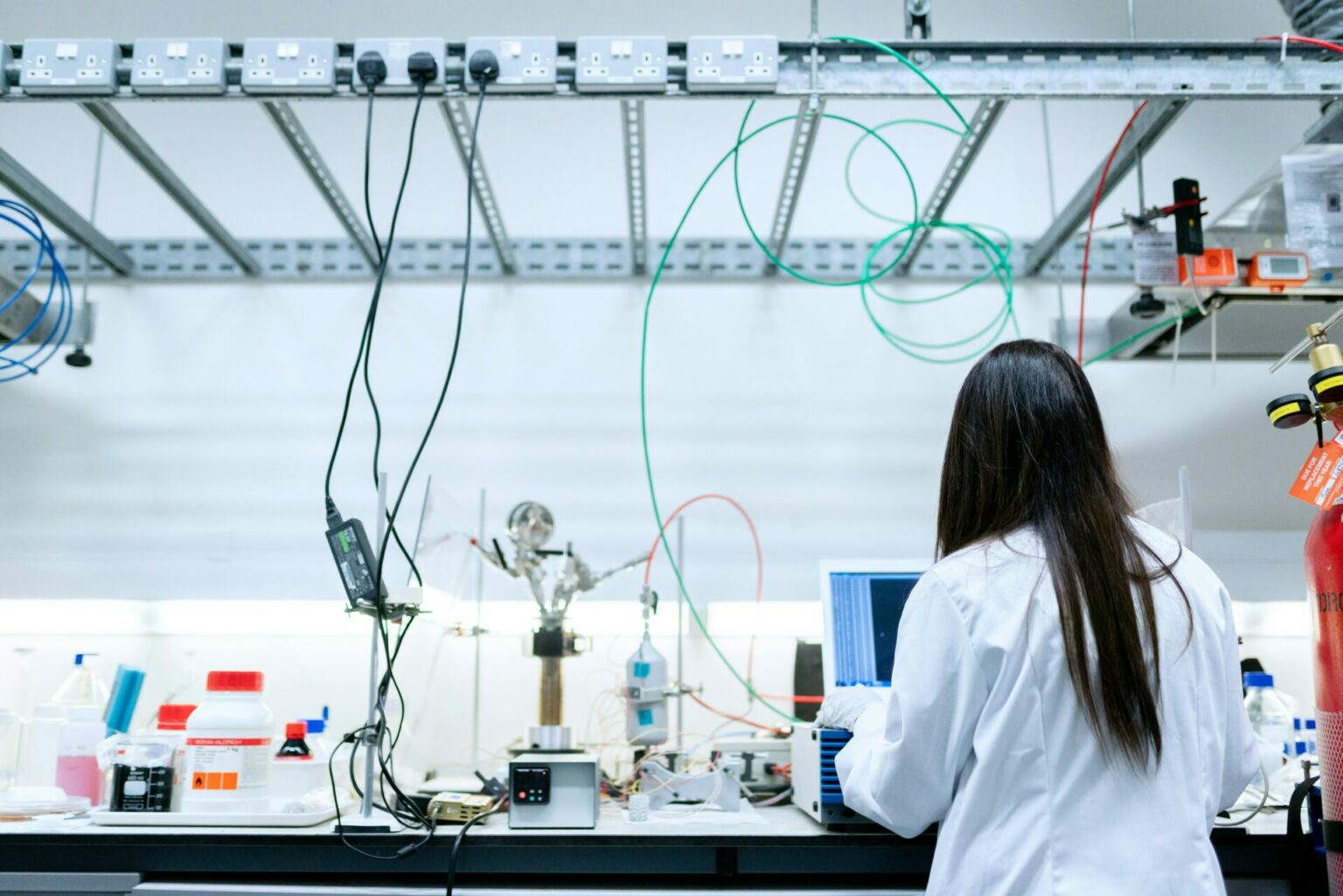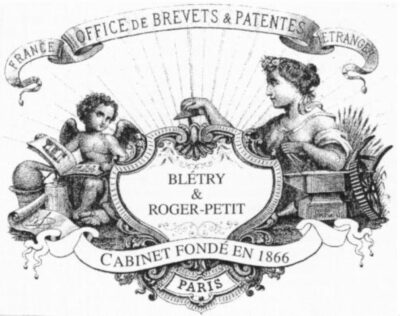It is important to remember that an employee who has developed an invention has the duty to inform their employer, even if the invention is not related to the company activities and was developed during their personal time. This allows the employer to check if they have any rights to the invention and, if so, to assert their rights if they wish.
It should also be recalled that, in France, the French Intellectual Property Code, possibly supplemented by the applicable collective agreement, sets the rules for attributing ownership of an employee’s invention.
This being said, intellectual property law provides three categories of inventions:
(i) Inventions within the mission: these are inventions “made by the employee in the execution of either a labor contract that includes an inventive mission that corresponds to their functions, or studies and research that are explicitly entrusted to them”.
(ii) Attributable non-mission inventions: these are inventions made by the employee outside of the missions entrusted to them and that meet at least one of the following criteria:
- the invention was made in “the performance of their duties”
- the invention is in the “field of the company’s activities”
- the invention was made “using the company’s specific techniques or means or data provided by the company”.
(iii) Non-attributable non-mission inventions: these are all other inventions, meaning those that do not arise from the employee’s duties and do not meet the three criteria above.
Depending on the category to which the invention belongs, the ownership rules are as follows:
– In the case of “inventions within the mission”, the invention belongs to the company and the employee is entitled to a separate remuneration in addition to the salary.
– In the case of “attributable non-mission invention”, the invention belongs to the employee and the company has a right of attribution. But, in the case of attribution, the company must pay a fair price. In other words, to buy the invention.
– In the case of “non-attributable non-mission invention”, the invention belongs to the employee and the company has no rights to it.

We can see that, for an innovative company, whether it is a startup or an SME, it is paramount that employees who are likely to develop inventions for the company have an employment contract that specifies that their role includes an inventive mission. Such a clause will allow the company to own the invention without having to buy it back from its employees (in case of an attributable non-mission invention).
Do not hesitate to contact us if you wish to include such clauses in your employment contract, to set up a remuneration policy for employees’ inventions as required by the Intellectual Property Code or to settle a difficult situation related to this topic.



